The pop singer-songwriter’s debut album leans on alluring and woozy R&B and hip-hop, yet the music forgoes most of the memorable hook-writing that Starrah has made her name on.
For six years, A-list talent of every stripe has called on the enigmatic singer-songwriter Starrah for her Midas touch. The artist born Brittany Hazzard has lent her pen to many Top 10 mainstays and three No. 1 hits, including rap juggernauts and inescapable pop confections. It’s a skill Starrah attributes to her empathetic nature when collaborating with other artists: “I can pretty much put myself in that person’s shoes and write, if necessary for them, from their perspective,” she explained, which allows her to tease out a sense of vulnerability from superstars through deft genre-bridging between hip-hop, pop, and R&B.
A question that lingers after a bulletproof hit parade: What does it look like when Starrah steps into the spotlight herself? Following a brief collaborative EP with Diplo in 2017, the Delaware native provides a more definitive answer with her official debut, The Longest Interlude. The album focuses on woozy R&B and hip-hop to frame dispatches from a volatile love life, never straying too far from the downcast tone. The reflective setting suits the through-line, yet the music forgoes most of the memorable hook-writing that Starrah has made her name on.
Make no mistake, Starrah continues to be an intriguing rapper, finding pockets of rhythm that send the mind spinning. She often uses a slick patina of Auto-Tune, leaning into empty space and stretching out her vowels for emphasis. On the infatuated “Love Mania,” she adopts a melodic, feathery tone that dances against new wave guitar from Weeknd member Patrick Greenaway. The album’s upbeat track, “Love Mania,” captures vivid imagery of cruising down the Pacific Coast Highway, with Starrah’s chirping delivery easily carrying the song’s high-on-love ecstasy. Earlier, on “Made for You,” Starrah’s percussive, onomatopoeic imitation of a buzzing phone (put on vibrate so she can focus on her lover) sounds as nostalgic as the mood of the song around it.
The myriad guest stars who appear on The Longest Interlude stay mostly behind the boards. Nile Rodgers, Skrillex, Boi 1da, and more appear on production, but for all the talent on deck, the album remains mostly inert. The back half especially dips into drippy, spare balladry (“Who Decides War (More Than Words),” “8 Days a Week”) that blends together, even as Starrah pitch-shifts her voice into interesting contours. For all the conflicting emotions she digs through on the record, they become wooden when placed against barely-there backdrops.
Still, the brief songs on The Longest Interlude are just fleshed out enough to avoid seeming like demo leftovers. On one of the album’s best, “Interlude,” Starrah coasts over rolling drums and acoustic guitar to reel off wordplay about an unhealthy romantic cycle: “When I see you it’s over,” she sings, “To you it’s interlude/And we know it’s over.” You can practically hear the shrug in her voice when she trails off the end: “Same shit we always do.” With The Longest Interlude, Starrah seems patently uninterested in the same Billboard-scaling heights as her peers; she would rather ruminate in her own after-hours state of mind, following stormy thoughts wherever they lead.






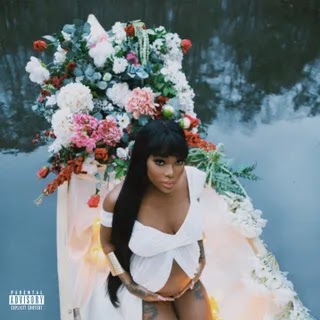
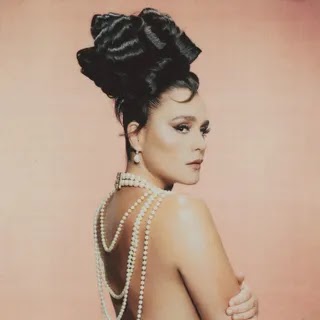


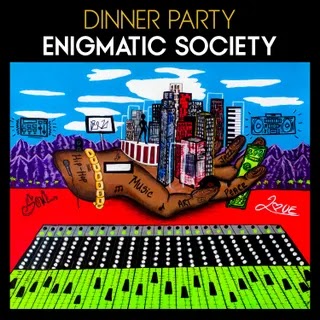
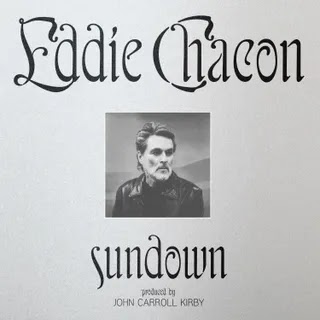
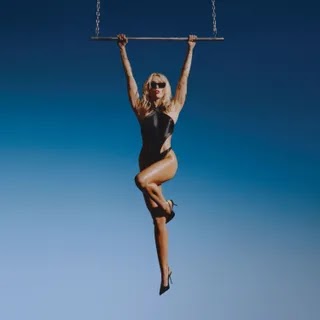



0 comments:
Post a Comment